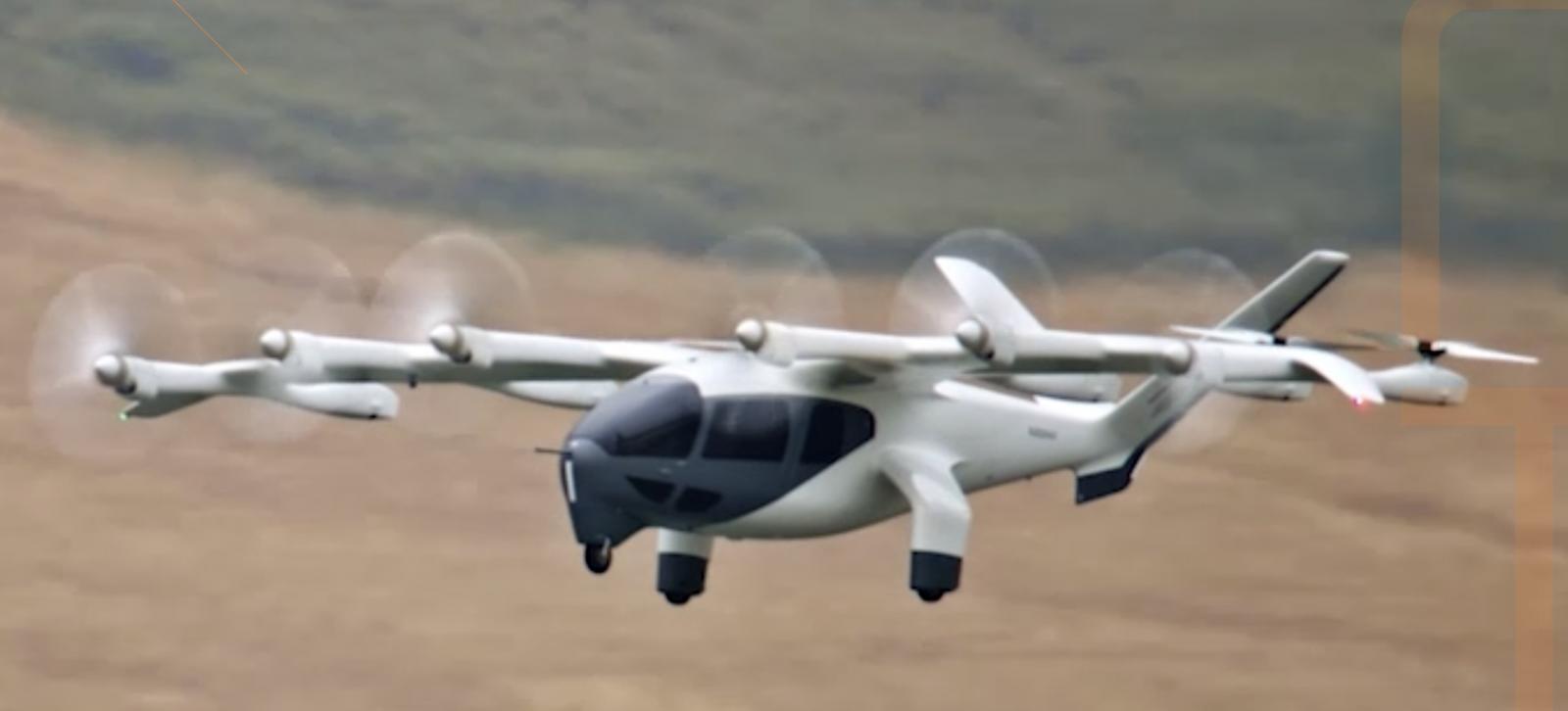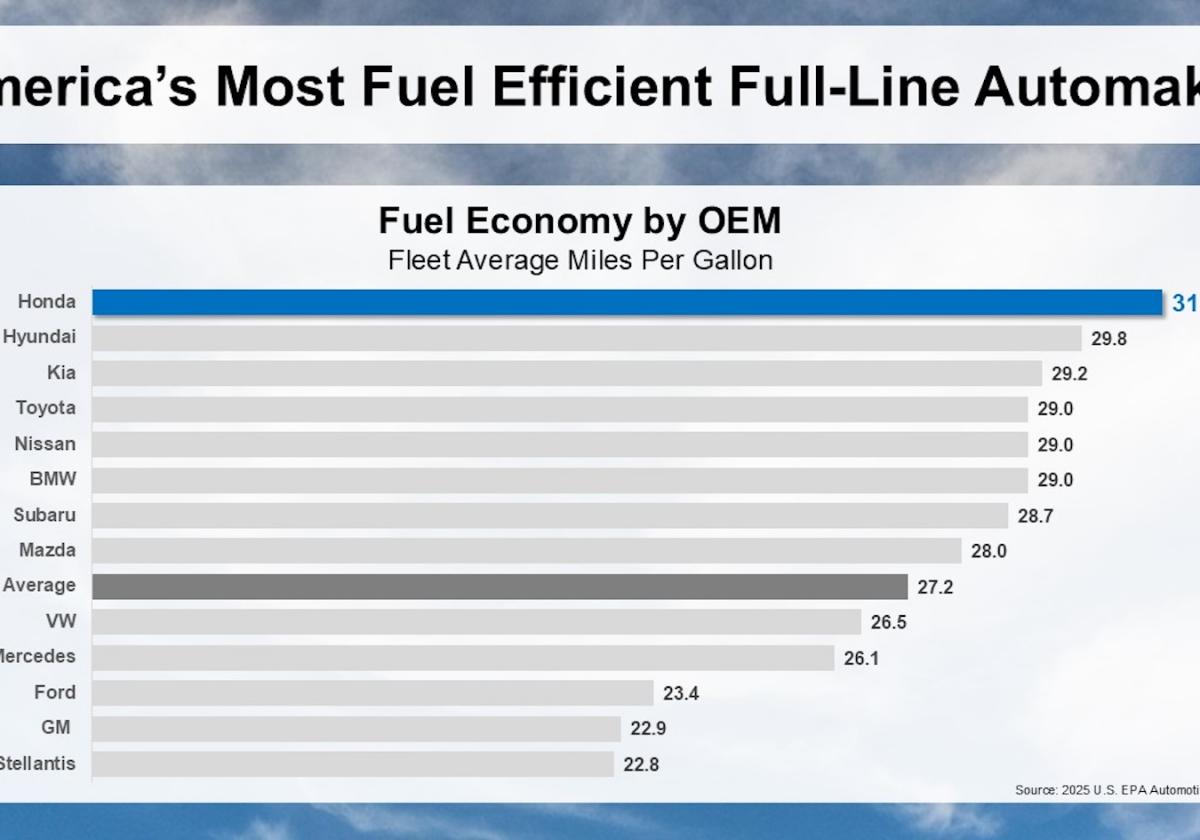Once-farfetched dreams of flying taxis are coming closer to reality, as manufacturers of electric vertical takeoff and landing aircraft (eVTOLs) begin to roll out more details of their operations.

We reported last week that Joby Aviation had received Federal Aviation Administration authorization for its proprietary software operating system, including a new Uber-like app to book an air taxi.
Now Archer Aviation is in the process of developing an air taxi network that would link five key cities in the San Francisco Bay Area.
If it happens, it could transform commuting in one of the most traffic-choked regions in the U.S., replacing drives of one to two hours with flights of 10 to 20 minutes, the company said.
Archer says it’s partnering with developer Kilroy Realty to create a hub for the new Bay Area network at Kilroy Oyster Point, its 50-acre waterfront campus in south San Francisco.
Together, they hope to build a vertiport that would give air taxis a convenient takeoff and landing site.
It would connect with other planned vertiports in Napa, San Jose, Oakland and Livermore. Operations could begin as early as the end of 2025, Archer said.
The companies are also exploring plans for an Archer “sea portal” — a waterfront mobility hub providing electric ferry service and eVTOL operations at Kilroy Oyster Point.
At this point, the deal is just a “memorandum of understanding” to explore opportunities for such projects. As with many MOUs, however, it could fizzle out.
If such flights can be booked affordably, it’s hard not to see the benefit of a Bay Area air taxi network.
CARLIST THOUGHTS
As the technology gains traction while, at the same time, receiving the necessary support from the FAA, we can expect to see flying cars and taxis taking to our skies sooner than later. For the first few years, though, and in contrast to what the story proposes, we thing we will see this futuristic technology being used mostly by the wealthier members of society as fees for such services — that cut commuting time by as much as 80% — will price themselves out of the ‘everyday’ market.







